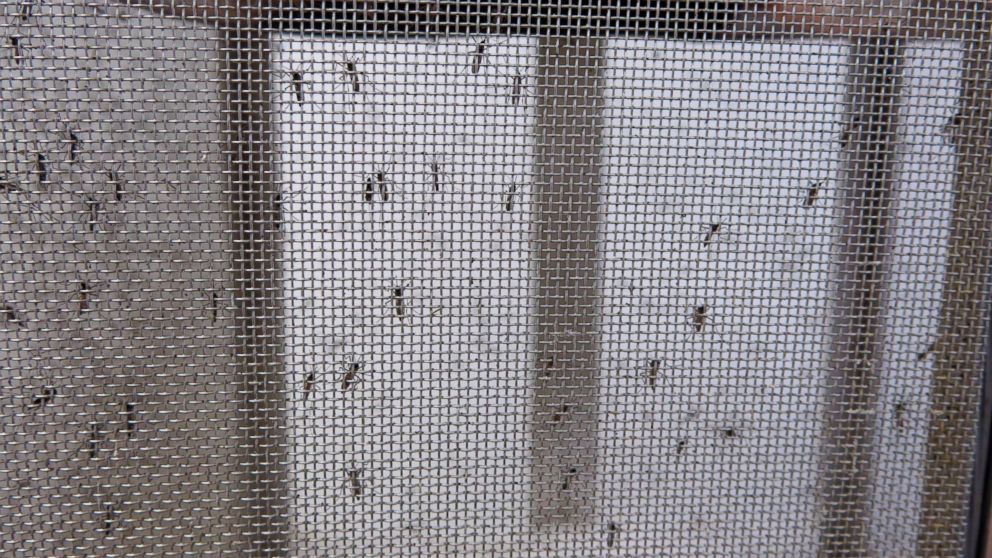Zika Cases Spike in Puerto Rico as Virus Spreads 'Silently and Rapidly'
By GILLIAN MOHNEY Jul 29, 2016, 1:15 PM ET
The Zika virus is rapidly spreading though Puerto Rico, leading to more than 5,500 infections, the U.S. Centers for Disease Control and Prevention reported today.
...
Officials are calling the situation in Puerto Rico "a Zika epidemic."
...
?This could lead to hundreds of infants being born with microcephaly or other birth defects in the coming year," Peterson said in a statement today. "We must do all we can to protect pregnant women from Zika and to prepare to care for infants born with microcephaly.?
...
Of the thousands of people who have tested positive in Puerto Rico, 672 were pregnant women, according to the CDC. The virus has also been found in 77 of 78 municipalities in Puerto Rico and CDC officials believe the positive cases may be just a fraction of total Zika cases actually present...
...
By GILLIAN MOHNEY Jul 29, 2016, 1:15 PM ET
The Zika virus is rapidly spreading though Puerto Rico, leading to more than 5,500 infections, the U.S. Centers for Disease Control and Prevention reported today.
...
Officials are calling the situation in Puerto Rico "a Zika epidemic."
...
?This could lead to hundreds of infants being born with microcephaly or other birth defects in the coming year," Peterson said in a statement today. "We must do all we can to protect pregnant women from Zika and to prepare to care for infants born with microcephaly.?
...
Of the thousands of people who have tested positive in Puerto Rico, 672 were pregnant women, according to the CDC. The virus has also been found in 77 of 78 municipalities in Puerto Rico and CDC officials believe the positive cases may be just a fraction of total Zika cases actually present...
...


Comment